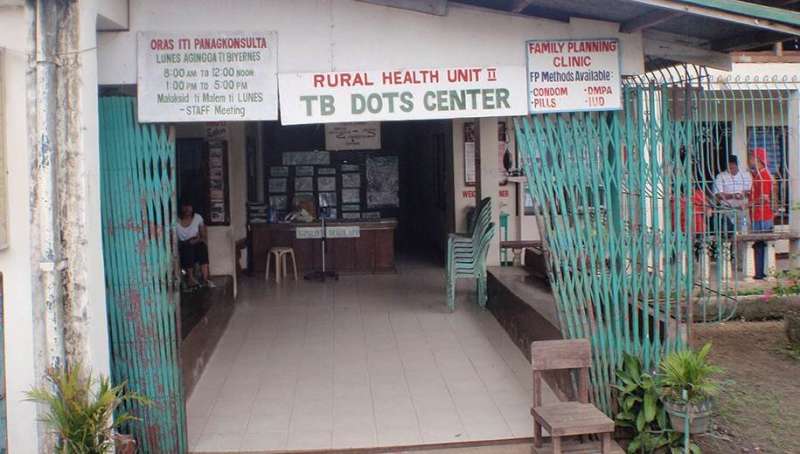COVID-19 may add 525,000 to annual TB deaths

The world could see an additional 525,000 TB deaths in 2021 as a result of disruptions to public health delivery systems caused by the COVID-19 pandemic, says a new survey by global civil society networks.
The survey indicates that measures and guidelines imposed to prevent the spread of COVID-19 are putting people with TB into poverty and social isolation, increasing inequities and human rights-related hurdles to the delivery of TB care services.
Involving more than 1,000 people in 89 countries, the results represented a setback for 10 years of progress in fighting the ancient scourge, according to the survey, which was released on 15 September. The impact of COVID-19 on the TB epidemic: A community perspective, was produced by 10 global civil society networks including, among others, Stop TB Partnership, Global Coalition of TB Activists, McGill International TB Center (Montreal, Canada) and the Global TB Caucus.
COVID-19, said the survey, is dragging people with TB into poverty owing to significant inadequacy in nutritional and socioeconomic support provided by various countries. For instance, 70 percent of respondents from Kenya said that they did not receive sufficient nutritional and socioeconomic support during the pandemic.
In the survey, 61 percent of TB advocates from global fund eligible countries reported "an increase in misinformation and stigma in relation to people with TB," 53 percent of TB advocates and 65 percent of policy and program officers from global fund implementing countries reported that funding for TB got diverted to COVID-19 response. Also, there has been inadequacy with respect to personal protective equipment (PPE) for TB health workers, notes the survey.
"There is an urgent need to promote equity and access to financial support, transportation, healthcare and food for all people with TB, free from discrimination," the survey recommended. It also urged provision of "additional funding and increased resources to respond effectively and safely to both COVID-19 and TB."
There is enormous impact of COVID-19 on the number of people seeking and receiving health care for TB, says Madhukar Pai, director, McGill International TB Center, Montreal, Canada. "I am also very concerned about diversion of funding away from TB, and about drug and diagnostic companies not maintaining their supply chain," Pai tells SciDev.Net.
According to the survey more than half of people with TB in Kenya and India reported fear of contracting COVID-19 at a health facility, and more than half of people with TB in Kenya indicated experiencing feelings of shame because of the similar symptoms of both respiratory diseases.
"Evolving evidence suggests huge collateral damage in terms of population morbidity, mortality and resultant chronic economic disaster," says Agnimita Giri Sarkar, a pediatrician at the Institute of Child Health, Kolkata, India. "While the pandemic has an immediate matchstick response on the healthcare, the damage caused due to TB is likely to be profound," she says.
Experts are calling for an economic package to deal with the situation. "I think we need to put in place a serious fiscal plan to help states and ensure that the federal governments do everything they can to help poor people through this particularly dangerous time," Jishnu Das, an economist and visiting fellow at the Center for Policy Research, New Delhi, India, tells SciDev.Net.
Rahuldeb Sarkar, a respiratory medicine consultant at the Medway Maritime Hospital, Kent, UK, tells SciDev.Net that, in terms of funding, the existing framework needs to be better utilized. He also suggests that "funding targeted at TB health workers' safety (e.g. PPE and insurance) can augment local healthcare response to existing or suspected TB cases."
According to Pai, the first pressing priority is to catch up on all the missed patients. "For example, India alone must actively find over half a million persons with TB who were missed during past six months and offer them TB treatment."
"While people are trying to adapt to a new normal life thanks to the pandemic, it is imperative that a new normal health policy and roadmap has also to be planned as a priority," adds Giri Sarkar.





















